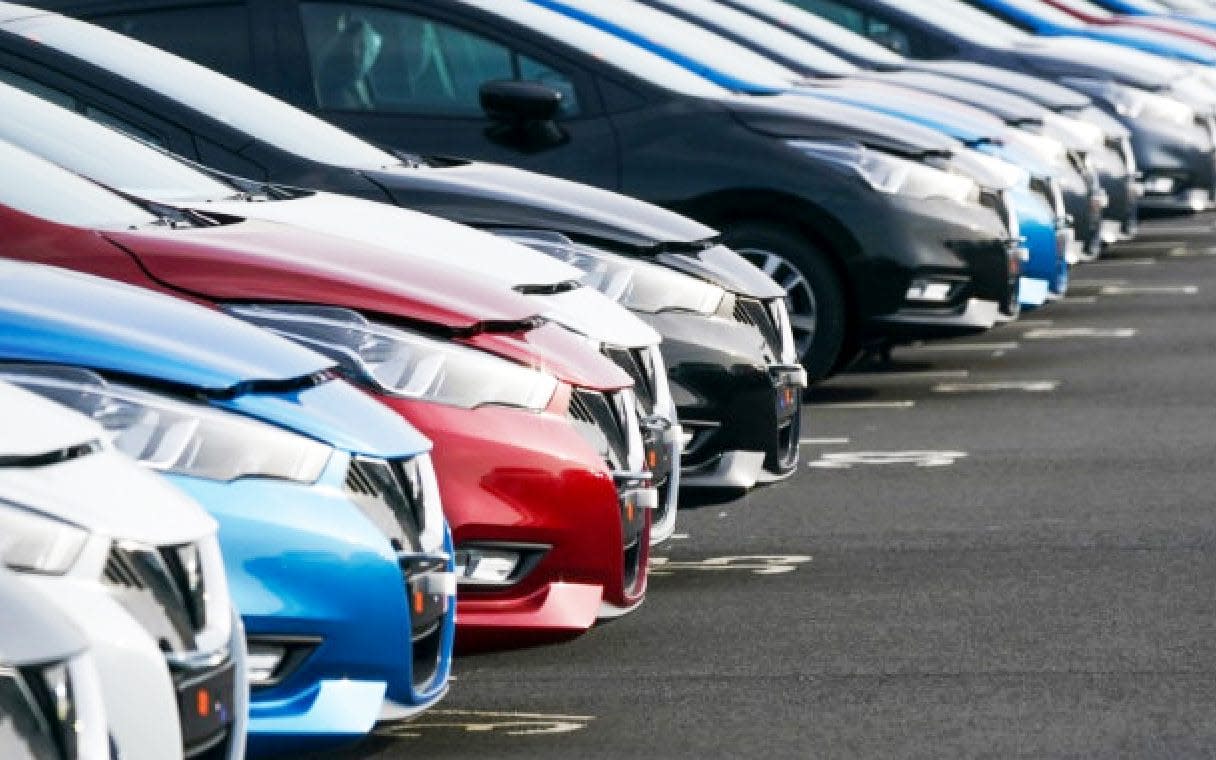Car sales collapse eases amid worries of supply bottleneck

New car sales suffered their smallest decline since February as automotive firms began to get back into gear, industry figures show.
A total of 145,377 new cars were registered in June, according to the Society of Motor Manufacturers and Traders (SMMT). It was a drop of 34.9pc on the same month a year ago, but a stronger performance than March, April and May - when demand was down by a respective 44pc, 97pc and 89pc.
Overall sales to the end of May stood at 324,763, down 42pc on the same period in 2019.
Dealers in England re-opened their doors at the start of last month, followed soon after by Scotland and Wales. However, it is feared that even if demand continues to recover, car firms may struggle to produce enough vehicles to take advantage due to anti-Covid measures and the bleak economic picture.
Seán Kemple, director of sales at Close Brothers Motor Finance, said: “Faced with social distancing restrictions, job losses and falling profits, it will be no easy task for manufacturers to kick-start production to pre-Covid-19 levels.
“Beyond the immediate uplift, once available stock has been swept off the forecourts, buyers will likely face long waiting times for their cars, which will slow recovery.”
Research by magazine and website What Car? found that one in three potential buyers are putting off making a purchase in the hope the Government will offer cash support to boost the market.
France, Germany and Spain have all brought in scrappage schemes - where buyers can trade in their old model for taxpayer cash - along with other measures to encourage motorists to buy new cars.
Britain was thought to be mulling a similar package, but the Government has now said it has no plans for such a scheme. There are also questions over how effective incentives would be in boosting the industry.
SMMT chief executive Mike Hawes described the latest figures as “not a recovery and barely a restart”.
He added that many of the cars counted in June’s figures were those sold before lockdown, with motorists only being able to collect them as restrictions ease.
Mr Hawes said: “It’s welcome to see demand rise above the rock-bottom levels we saw during lockdown, [but] appetite for significant spending remains questionable."
Concerns about using public transport during the coronavirus crisis have pushed up the price of used cars as people see driving as a safer alternative to trains and buses.
There has been particular interest for smaller, cheaper secondhand cars. Price tracking firm Cap HPI reported price increases of between 21pc and 25pc on used Citroen C2 and Mini One cars between May and June.
Speaking to Car Dealer magazine, Derren Marti, head of valuations at Cap HPI, said: “I’ve been at Cap eight years and never seen that. It’s very unusual for that to happen in such a short period of time.’

